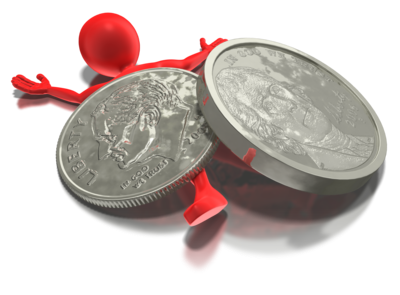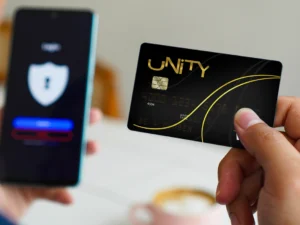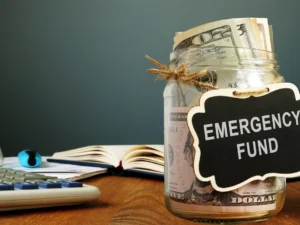Have you ever written a check or used a debit card and ended up with a bounced check fee? While bouncing a check can be embarrassing-and have nasty legal consequences-the resulting fees can be crippling. Not only may you end up having to pay a fee to the recipient of the bounced check, but overdraft fees can quickly add up and make it almost impossible to climb back out of the hole.
Many banks charge fees if your account is overdrawn or if a check bounces. Called overdraft (OD), insufficient funds charges (IFC), or not sufficient funds (NSF) fees, these bank charges can be avoided. You can avoid them by keeping track of your accounts or minimize fees by banking with the right institution.
“Opt In” or Not
Banks are now required to allow you to opt-in to debit card overdraft fees rather than automatically enrolling you in a program that charges $35-40 whenever there are insufficient funds to cover your purchases. That means if you do NOT opt in and you attempt to a purchase without sufficient money in your account to cover the purchase you can avoid paying more than you bargained for. Yes, your debit card transaction will be declined, which can be embarrassing, but you will save $35-$40 in bank fees for that purchase. If you choose to “Opt In”, just in case you experience an overdraft, make sure you consider the following:
1. Careful Account Monitoring
Today, virtually every bank allows some form of mobile or online banking. This typically lets you check your account balances, make transfers, and perform other common banking tasks from the comfort of your home or from your cell phone. Using these online banking features, you can carefully monitor the money coming in and going out of your checking account. Should a bank fee or other surprise pop up that may cause an overdraft or bounced check, you can catch it and make sure you have adequate funds to prevent any fees.
2. Check Your Bank’s Overdraft Practices
One of the best ways to avoid unnecessary fees is to choose the right bank. Some banks charge higher fees including charging you every day you are overdrawn and/or charging you interest.
OneUnited Bank only charges a one-time fee of $37 per item if your check bounces, and does not charge per day fees or charge interest. OneUnited Bank also offers Overdraft Protection with automatic balance transfers to cover insufficient funds from your savings or other checking or money market account for a fee of $15 per transfer.
3. Check Your Bank’s Payment Order
The order in which items are paid may affect the total overdraft fees assessed to your account. Some banks change the order of your transactions to increase overdraft charges. For instance, they pay larger items first, which reduces your balance, and then pay smaller items, charging you an overdraft fee for each smaller item. Check a Bank’s disclosures on payment order.
OneUnited pays ATM withdrawals and any withdrawals negotiated in our branches first, then pays all other items in sequence by time as presented. The order of transactions is NOT changed to pay larger items first.
In summary, to avoid or minimize overdraft fees, review a bank’s disclosures to find the best overdraft practices and payment order for you.


















